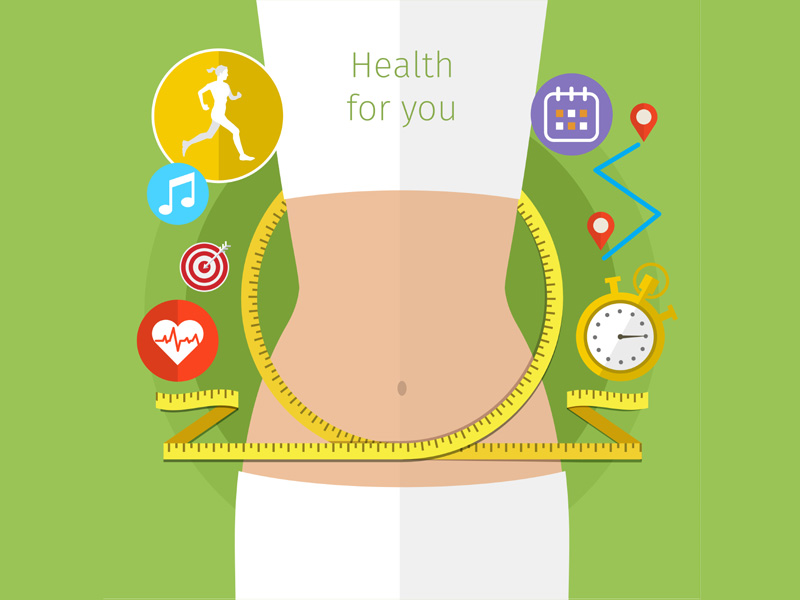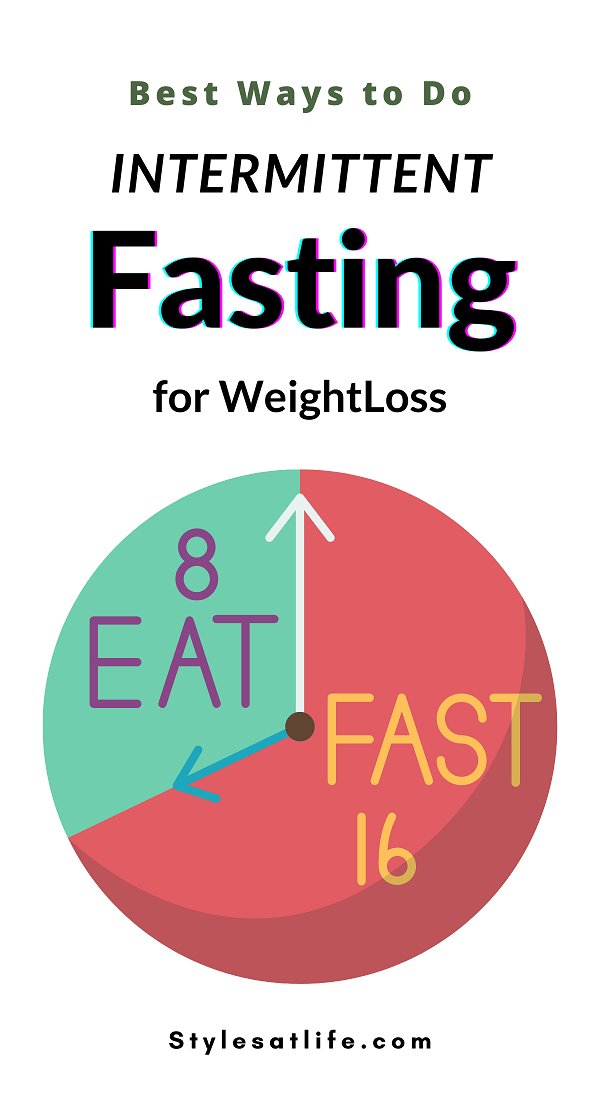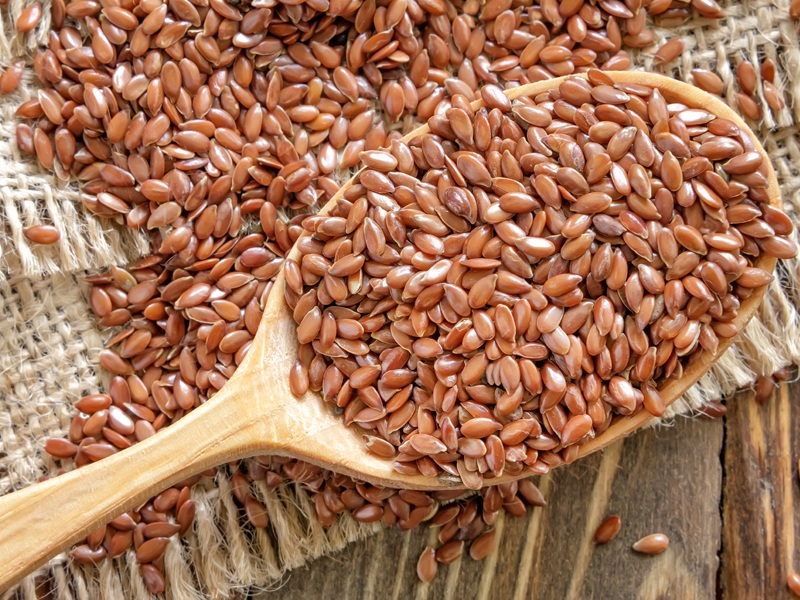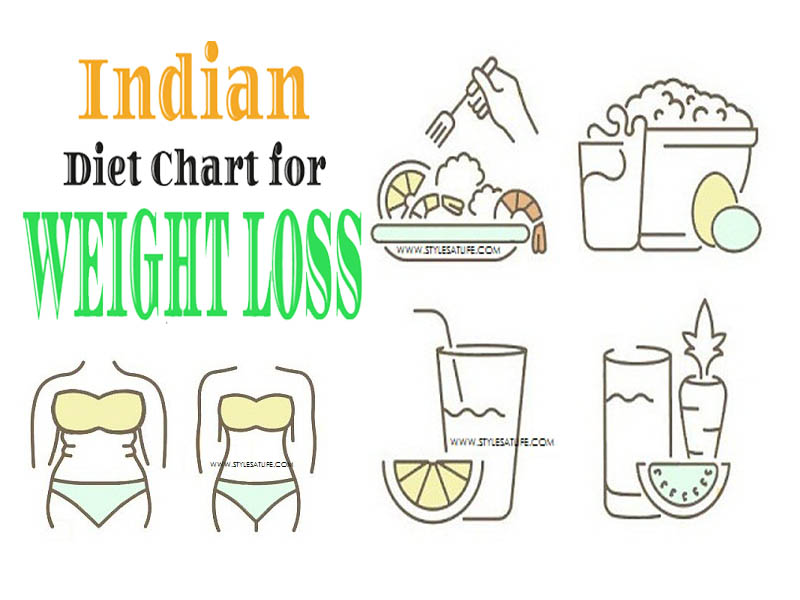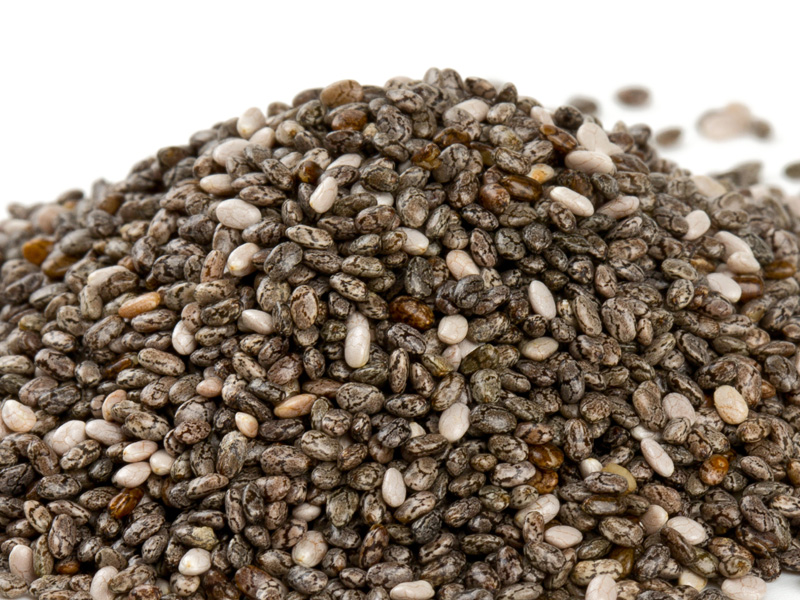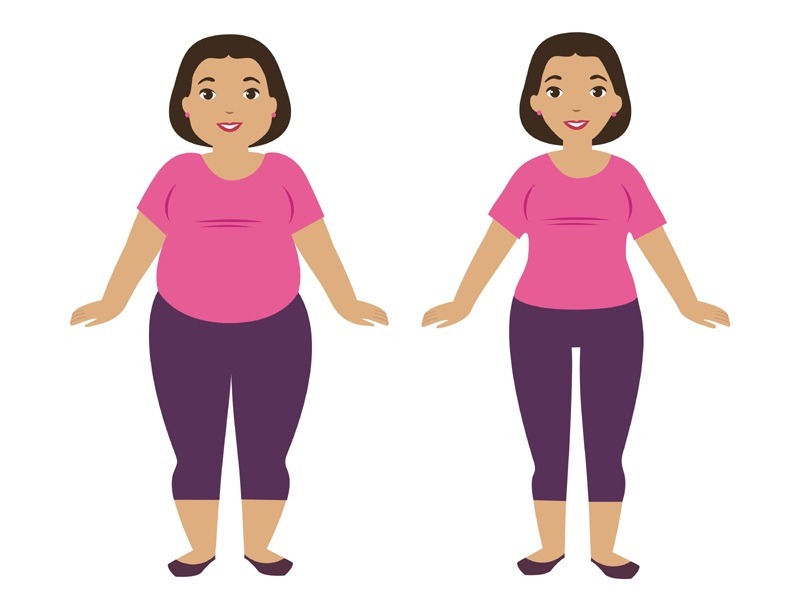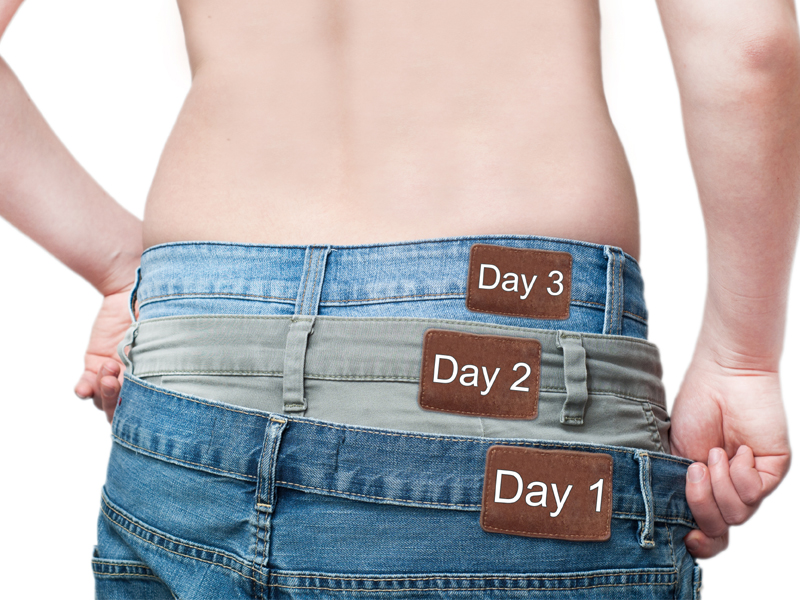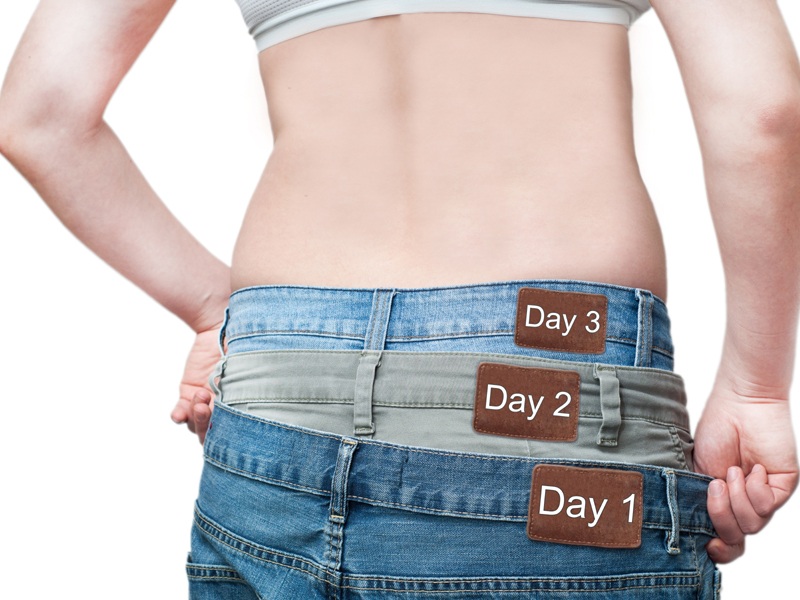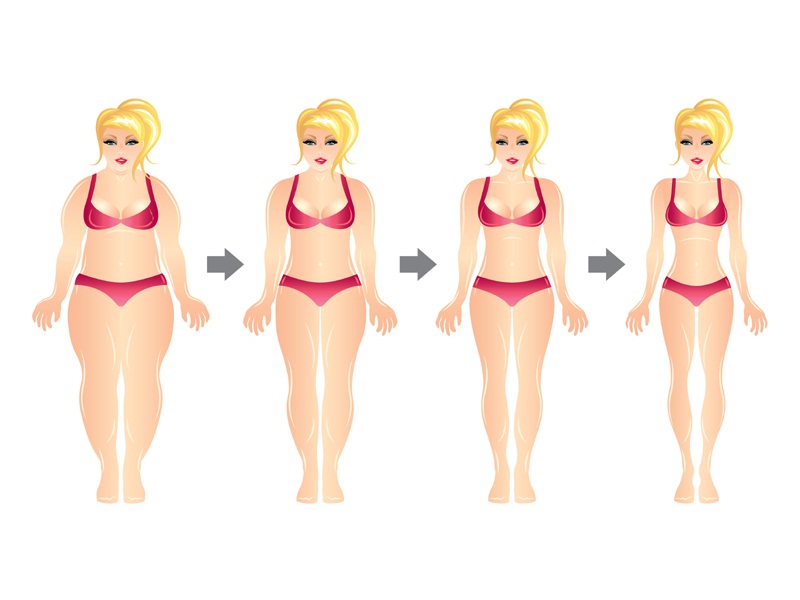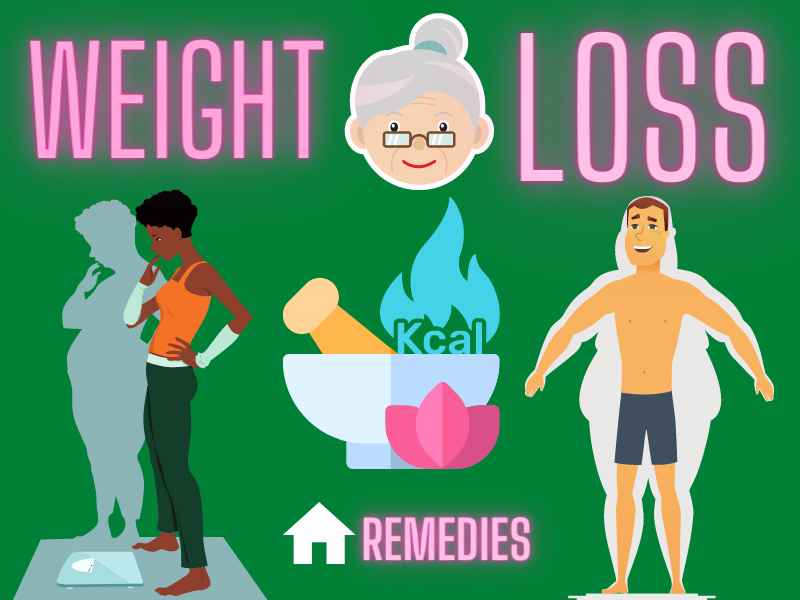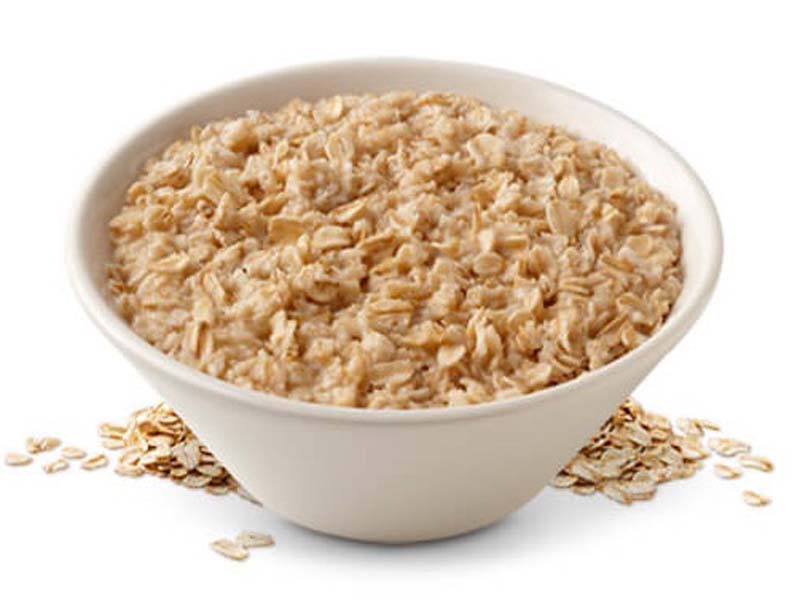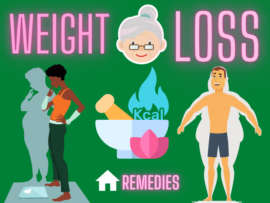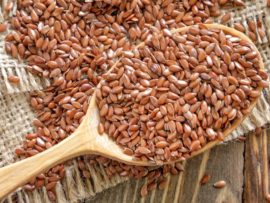We all fast once in a while, but have you ever heard about intermittent fasting? It is a form of restricted eating that not only helps you lose weight healthily but has several health benefits too. This is the reason why intermittent fasting for weight loss has been gaining popularity among health enthusiasts.
Read on to know more about the benefits and side effects of intermittent fasting for weight loss!
What is Intermittent Fasting?
The pattern between eating and fasting forms a cycle, which is also known as Intermittent fasting. Unlike many other dietary habits available, this practice gives you a specific time to eat rather than specifying the foods.
16 to 24 hours, twice per week is the standard intermittent fasting method you can follow. There are occasions in all the religious practices where you will be able to fast.
Fasting has been a part of human lives since evolution, making it easier for many of us to follow intermittent fasting with modifications along the way. It is always healthy to fast rather than eating three to four meals per day.
Is Intermittent Fasting Effective in Weight Loss?
Several mechanisms play a vital role in boosting weight loss when you are intermittent fasting. This method’s appeal is that it helps retain more muscle mass than restricting calorie intake (1).
By restricting your meals and snacks in the said time window, you will be able to limit the calorie intake resulting in weight loss naturally.
Intermittent fasting increases the calorie burn in your body by boosting your metabolism with the hormone norepinephrine’s increased levels (2).
The eating pattern in intermittent fasting may help manage your body’s blood sugar by decreasing insulin levels. This process may burn excess fat, promoting weight loss (3).
The driving point of intermittent fasting is it helps you consume fewer calories overall when you are fasting. You may not lose weight if you eat massive portions of food during your eating periods.
Read: How Much Weight Can You Lose In A Month
Which Method of Intermittent Fasting is Best for Weight Loss?
There are many ways in which you can do intermittent fasting. These involve alternating between eating and fasting periods splitting up the day or week. You can make a choice to either eat little or nothing at all during the fasting periods. The popular methods are:
1. 16/8 method:
This process involves a daily eating period of eight hours, i.e., from 1-9 pm, skipping breakfast altogether. You have to fast for all the time in between.
2. Eat-stop-eat:
This method involves fasting once or twice a week for 24 hours. This means not eating anything from breakfast of one day until the breakfast of the next day.
3. 5:2 diet:
In this method, you can normally eat on five other days of the week but consume only 500-600 calories on two consecutive days of the week.
4. Warrior Diet:
Warriors used to fast during the day and feast during the night, hence the name. Including protein-rich foods and decadent dinner is the key to follow this pattern.
5. Skip a Meal:
In this pattern, you may choose to skin any one of the major meals of the day, such as breakfast, lunch, or dinner, thereby reducing calorie consumption.
6. Alternate Day Fasting:
In this process, you will be feasting one day and fasting on another. You can consume 400 calories on the fasting day if you eat 2000 calories on a feasting day.
Although all these methods are effective, many people find the 16/8 way of intermittent fasting one of the easiest and sustainable ways. Make sure you don’t overeat during the eating periods, which may not aid in weight loss.
Evidence-based Health Benefits of Intermittent Fasting:
Here are some of the other health benefits linked to intermittent fasting.
- A small study shows that following intermittent fasting has significantly reduced blood sugar levels in people with type 2 diabetes (4).
- Intermittent fasting has been shown to decrease heart disease risk factors such as LDL and triglycerides, which improve heart health (5)(6).
- You may be able to reduce specific blood markers of inflammation with the help of intermittent fasting. This may result in a decrease in inflammation (7)(8).
- Although more human trials are necessary, intermittent fasting may combat conditions like Alzheimer’s by improving brain function, according to animal trials (9).
- Intermittent fasting may improve body composition and metabolism by increasing human growth hormone(HGH) naturally (10).
- According to some animal studies, intermittent fasting may boost lifespan and slows the signs of ageing (11), though more human trials are needed.
Read: Anti-ageing Fruits You Can Add to Your Diet
Does Intermittent Fasting Lead to Muscle Loss?
Your body breaks down glycogen into glucose for energy during fasting, and it also provides power by increasing the fat breakdown in your body.
Although leaner individuals are more prone to muscle mass than overweight individuals, according to some studies, the amount of muscle loss in the duration of intermittent fasting varies from person to person.
Our body does not use its muscle for fuel unless it has to since it has excess amino acids for energy. Therefore there is no significant muscle loss in many people who follow intermittent fasting.
Side Effects of Intermittent Fasting:
Intermittent fasting is a routine that may take some time for your body to get used to. Although there are benefits, here is a list of some side effects it may have:
- Disturbed sleep.
- Loss of appetite.
- Slows down metabolism.
- Increased irritability, mood swings, and cravings.
- Too much reliance on caffeine.
- It is also advised to consult your doctor, especially if you have pre-existing medical conditions like diabetes, low blood pressure, underweight, history of eating disorders, pregnancy, or breastfeeding.
Intermittent fasting for weight loss, like many other diets, may yield compelling results for some people but not so great results for a few. But it is a powerful way to improve your health and lose weight naturally as long as you blend it with adequate exercise and proper sleep. Make sure not to make intermittent fasting a habitual thing. It is always better to talk to your doctor before you follow this method.
Disclaimer: The information provided in this article is generic and not a substitute for a professional medical opinion. The website is not responsible for the story, and consult your doctor before trying anything new.
FAQ:
1. Is It Safe to Drink Liquids When You are Fasting?
Ans: Yes! Small amounts of cream and milk might be okay but not adding sugar to any drink. You can also have non-caloric beverages like tea, coffee, and water. If you want to blunt your hunger, drinking coffee can be beneficial.
2. Is It Safe to Perform Exercises When You are Fasting?
Ans: The effects of exercises while fasting vary from person to person. Some people are okay with it, but others feel dizzy. It is better to start with a low-intensity workout and gradually increase depending upon how your body reacts.
3. What are Some Things to Keep in Mind When You are Intermittent Fasting for Weight Loss?
Ans: Here are some of the tips you can keep in mind when you are following intermittent fasting:
- Try to avoid consuming snacks in between meals.
- Build your muscle by staying active throughout the day.
- Stay hydrated by drinking calorie-free electrolyte beverages.
- During your fasting period, you can drink coffee or tea.
- Don’t binge eat.


